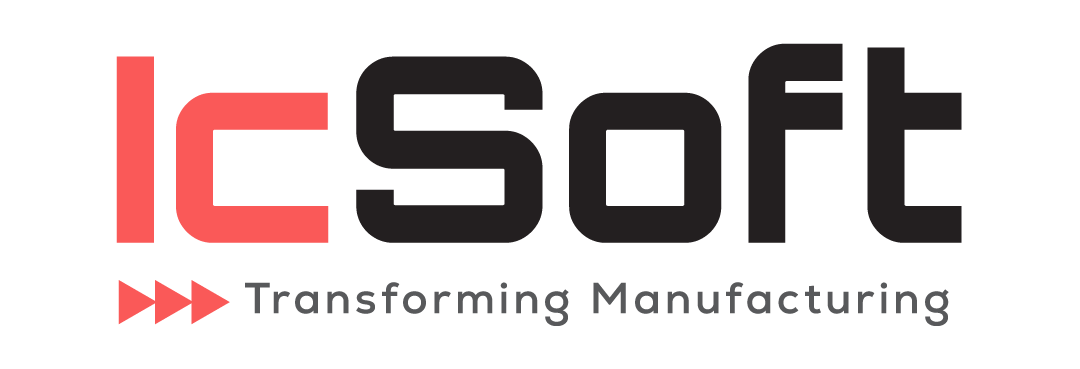Automotive
The automotive industry is characterised by multiple variants and fierce competition in a COVID-19 impacted, sluggish market. This puts tremendous strain on the automotive industry.
While making thousands of parts with short production runs and frequent changeovers, it needs an agile system to support it. The automotive industry deploys a vast array of manufacturing processes e.g., stamping, machining, casting, moulding, heat treatment, forging, assembly and many more- each with its own unique issues of planning, execution quality, waste, and compliance management. Managing the tools required for these processes further adds to the complexities of manufacturing.
Apart from these internal complexities, the automotive business environment has its own challenges. OEMs change their schedules frequently and the production plans and demands of suppliers must be synchronised quickly. On the supply side, the pandemic has led to issues like chip shortages, port congestion and frequent disruptions due to COVID restrictions. And all these have to be managed within strict standards like IATF 16949:2016 by deploying various quality measures e.g., PPAP, APQP, FMEA, SPC, etc.
IcSoft manufacturing solutions have been thoughtfully designed to meet these critical needs of the auto component industry.
Download our brochure to learn more about how the features of IcSoft solutions address the needs of the auto component industry.






